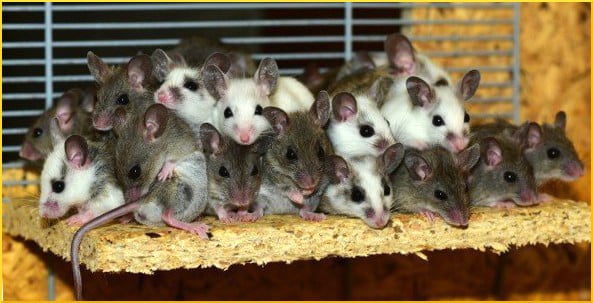
“Does Comfort Eating Work?” is the semi-facetious title of our previous post, and, as it turns out, the question is asked seriously by bona fide residents of Academia. In 2015, A. Janet Tomiyama, Laura E. Finch and Jenna R. Cummings set out to summarize the existing research on comfort/stress eating. Some things are clear. It seems universally accepted that “psychological stressors reliably promote comfort eating.”
Comfort eating is defined as increased consumption of foods in the high-fat, high-sugar, high-calorie categories, in response to negative emotion. The sought-after comfort is a decrease in negative emotions; it is also a “reduction in biological stress responsivity of the hypothalamic-pituitary-adrenocortical (HPA) axis.” The main thing is, according to these and other experts on disordered eating, both biological and psychological professionals are needed to decipher the information.
If it turns out that comfort eating doesn’t work, then the mission is to convince people that food is an ineffective coping mechanism, and teach better ones. However, if comfort eating is capable of providing actual comfort, why attempt to eradicate it? This is a legitimate question. Maybe rather than being deprecated, it only needs to be tweaked a little.
Of mice and men
The inquiry breaks down into two research areas: animal and human. Either species can be experimentally stressed physically, and in the realm of social behavior. Both will experience “a cascade of hormonal secretions via the HPA axis.” The animal side may be less relevant than ever, because only human subjects can provide viable data about psychological effects by describing the emotional processes.
Rats, like people, can suffer from such social-behavioral stresses as chronic maternal separation, chronic unpredictable social defeat, and overcrowding. (Has anyone considered asking why, in the wild, some animals are blithely oblivious to so-called overcrowding, and spend considerable time huddled together in a clump?)
Despite the lack of a shared language scientists have their ways of determining whether lab animals are anxious or depressed. In both rats and people, depression and anxiety can be soothed by the palliative effects of certain kinds of food. The researchers describe the difference between human and nonhuman studies, but conclude that in both the chronic response network functions similarly. The emotional eating concept is missing in rodents. It is problematic in humans, because regarding both emotional states and the amount the subjects eat, the data depend on self-reporting.
The authors mention a survey study (Oliver & Wardle, 1999) which found that “approximately 40% of respondents reported eating less when stressed, and another 40% reported eating more.” In one of their own experiments, they found that while comfort foods temporarily improved mood, “these improvements were not significantly greater than those induced by other foods or by no food at all.”
This is a cogent paragraph:
It may be that humans are unable to accurately report on their own eating behavior. Indeed, a study specifically designed to test whether self-report measures of emotional eating were related to eating under emotional circumstances found no differences in food consumption between self-identified emotional eaters and nonemotional eaters (Evers, de Ridder, & Adriaanse, 2009). They declared that assessing oneself as an emotional eater was “mission impossible.”
Your responses and feedback are welcome!
Source: “Did That Brownie Do Its Job? Stress,Eating, and the Biobehavioral Effects of Comfort Food,” Academia.edu, 2015
Photo on Visualhunt

 FAQs and Media Requests:
FAQs and Media Requests: 











